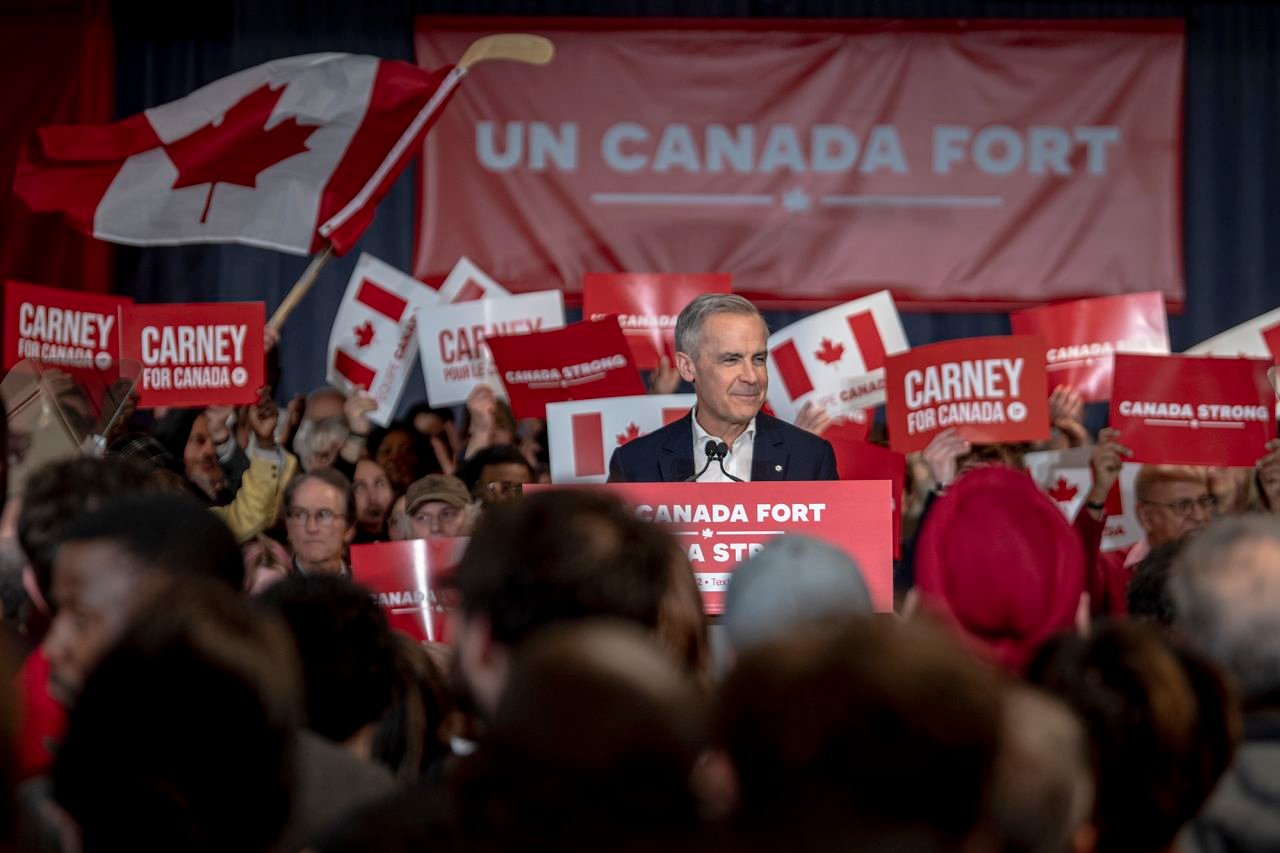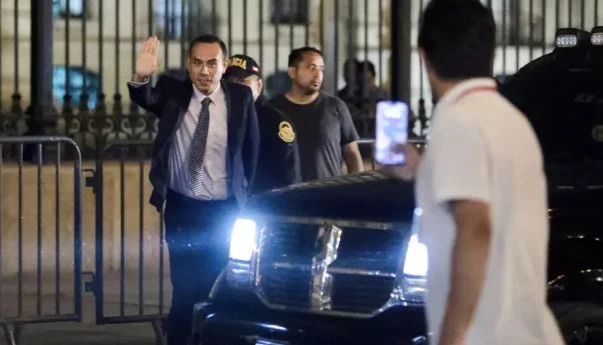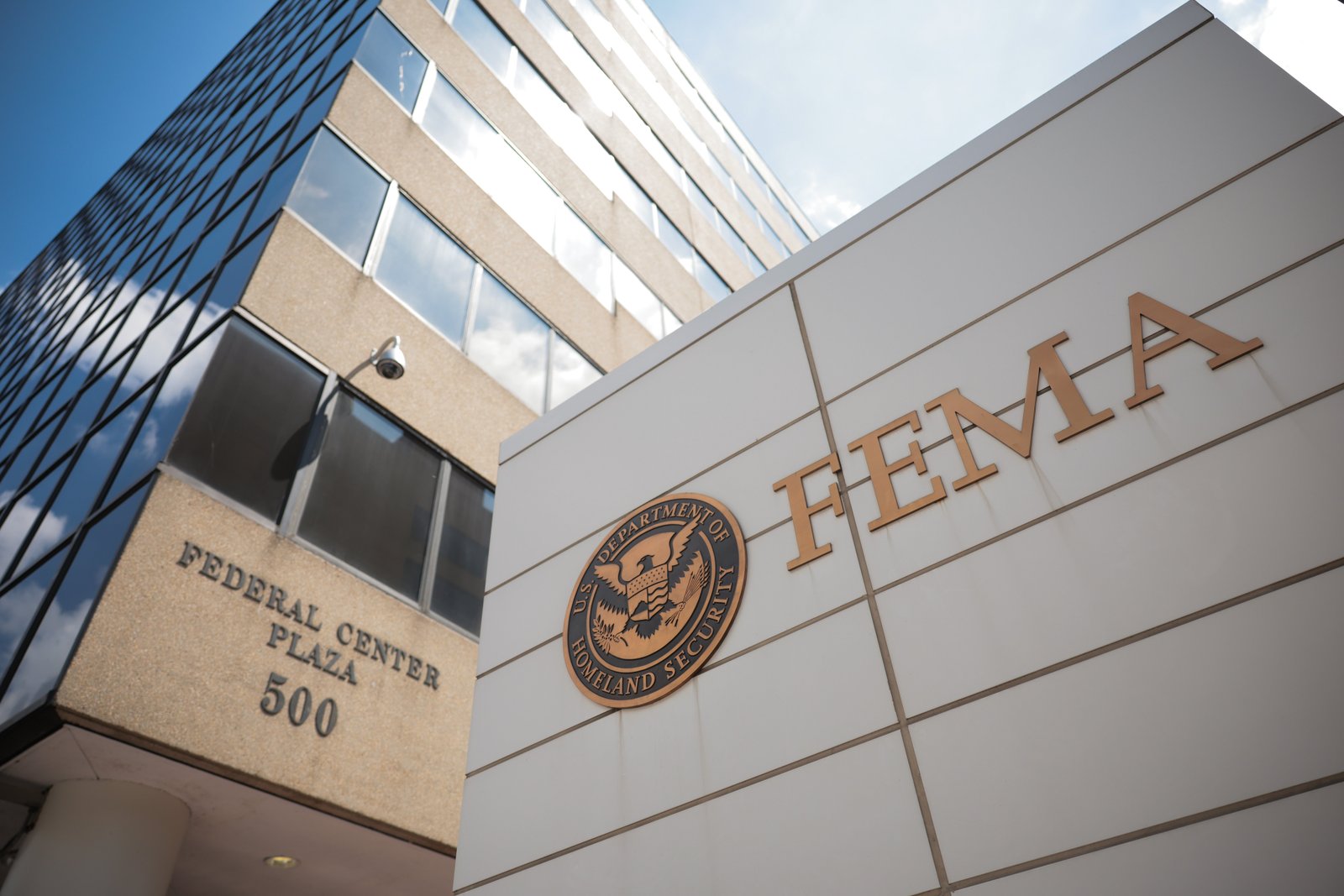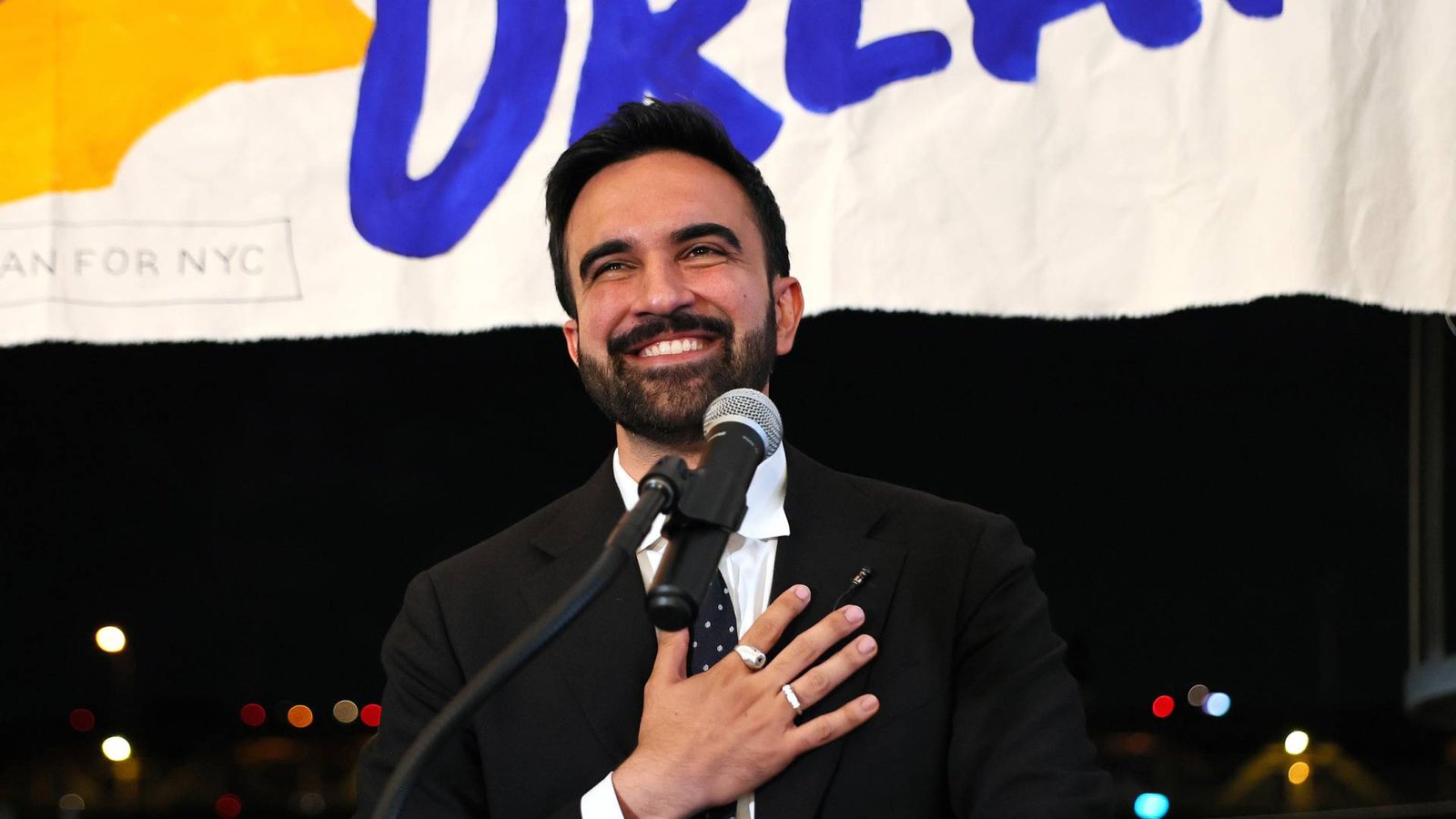Canada’s federal election is set for April 28, 2025, and early voting began today. The race is heating up after a fiery debate among top political leaders. The stakes are high, with U.S. President Donald Trump’s trade threats, misinformation on social media, and domestic policy debates dominating the campaign trail.
The recent debate on April 17 brought four main party leaders together: Prime Minister Mark Carney of the Liberal Party, Pierre Poilievre of the Conservative Party, Jagmeet Singh of the New Democratic Party (NDP), and Yves-François Blanchet of the Bloc Québécois. A key issue was Trump’s aggressive stance on Canada—including proposed tariffs and even controversial comments about annexation.
Leaders Warn of U.S. Influence but Lack Clear Plans
The candidates agreed that Trump’s actions pose a serious threat to Canada’s economy and sovereignty. But none offered detailed plans on how to respond.
“They want to break us so they can own us,” Carney warned. He used his past experience as a central banker to present himself as a steady hand in international negotiations.
Poilievre took a harder tone, blaming the Liberal government for making Canada “weak” over the past decade. “We are under the thumb of the United States,” he said. He also pitched tough-on-crime policies that have sparked heated debate.
Crime and CBC Funding Stir Controversy
Poilievre’s proposal to impose mandatory minimum sentences for certain crimes was quickly criticized by Carney, who called it “very dangerous.” Singh and Blanchet also voiced concern that these laws could increase prison populations without reducing crime.
Another hot topic was Poilievre’s plan to cut funding for English-language CBC services, while protecting French-language content. The CBC currently receives around $1 billion annually in public funds. Critics argue the plan threatens national unity and media independence.
Trudeau’s Legacy Still Lingers
Prime Minister Justin Trudeau stepped down last month, but his legacy still shapes the conversation. Poilievre called the last 10 years a “lost Liberal decade,” while Carney distanced himself from his predecessor. “I am a very different person than Justin Trudeau,” he said.
Indigenous Voters Weigh Tough Choices
One of the more emotional moments came when Indigenous issues were discussed. Drew Hayden Taylor, a noted Anishnawbe playwright, spoke out about the difficult position many Indigenous Canadians face. “Some see voting as supporting a system that has hurt them. Others see it as a way to fix it,” he explained.
Carney was asked about his father’s past as a principal at a Catholic residential school, where he made offensive remarks about Indigenous education. “I love my father, but I don’t share those views,” Carney said.
Poilievre, meanwhile, is facing backlash over a 2008 comment suggesting Indigenous Canadians should work harder instead of seeking justice for residential school abuses. Conservative candidate Aaron Gunn has also stirred controversy with offensive comments about Indigenous history.
Social Media: A New Battleground
Fake news is now a real threat in Canadian politics. A new report from the Media Ecosystem Observatory found that more than 25% of Canadians have seen false political posts on social media.
Canada’s new Online News Act led to news content from local outlets being blocked on Meta platforms like Facebook and Instagram. Still, over half of Canadians say they get political news from Facebook. This raises concerns about the quality and truth of information being shared.
“People using Facebook aren’t thinking, ‘Am I reading the news?’ But they leave feeling more informed politically,” said Aengus Bridgman, the observatory’s executive director.
Even worse, deepfake videos have appeared online, falsely showing Carney endorsing fake investment schemes. One such ad claimed Carney was announcing tariffs in response to Trump’s moves—none of which was true.
Foreign Interference Adds to Election Pressure
Canada’s Security and Intelligence Threats to Elections (SITE) task force has confirmed that foreign interference is a real concern. Countries like Russia, China, and Iran are suspected of trying to influence Canadian voters through online campaigns and misleading ads.
The SITE team is monitoring digital channels closely to block these threats. They warn voters to be cautious and double-check sources before believing or sharing political content online.







